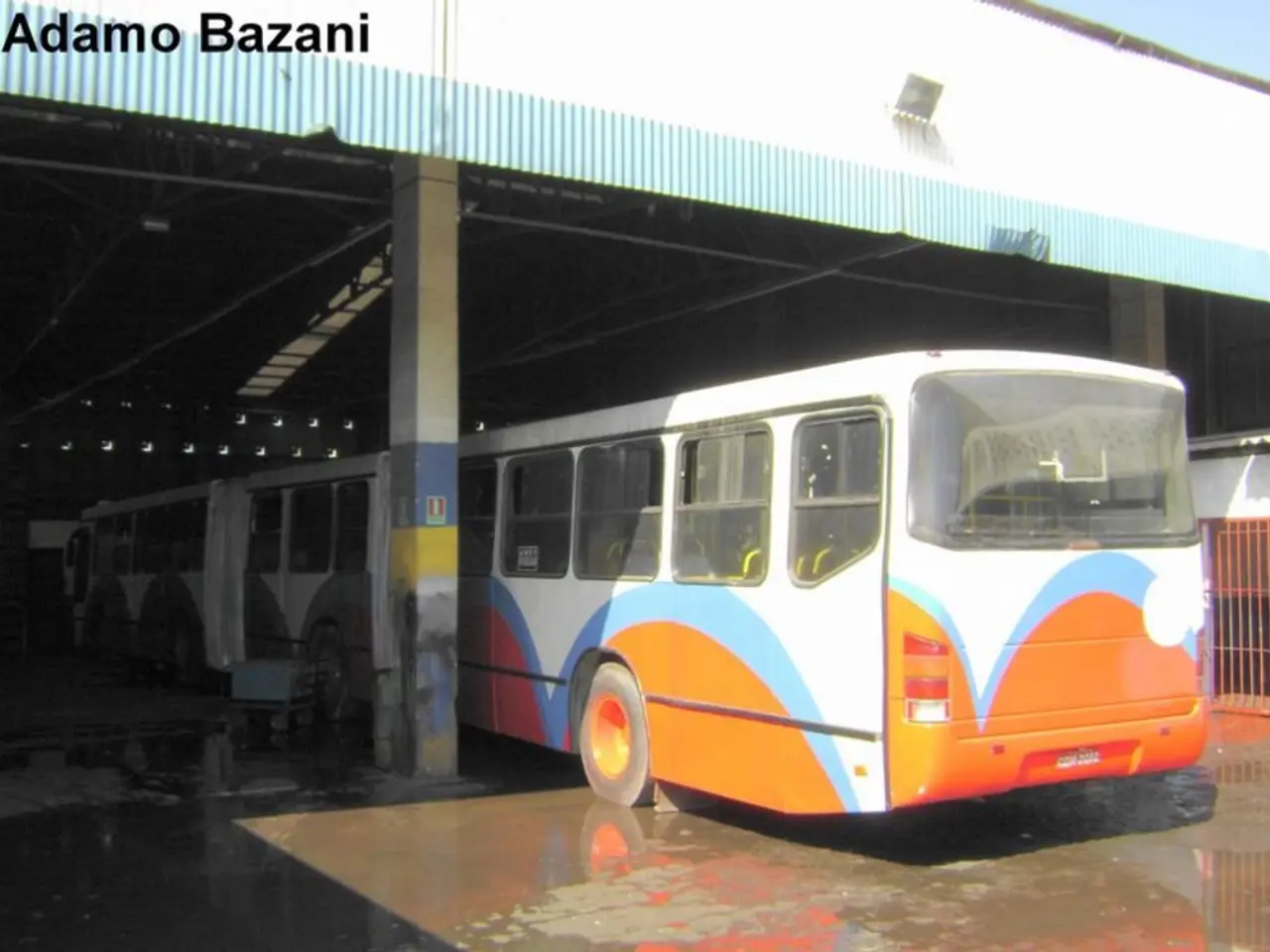Brandenburg Urges Swift EU Approval for Vital Oil Pipeline Amid Russian Supply Halt
Brandenburg is urging the EU Commission to swiftly approve state aid for a crucial oil pipeline project, following Germany's decision to halt Russian pipeline oil imports. The pipeline, estimated at 400 million euros, is vital for Germany's future supply security and energy independence from Russia.
The PCK refinery in Schwedt, owned 54% by German subsidiaries of Russian state conglomerate Rosneft, supplies large parts of northeastern Germany and Berlin with essential fuels. After Russia's attack on Ukraine, the federal government decided to stop using Russian pipeline oil at the refinery. To maintain supply, Brandenburg is pushing for the construction of an oil pipeline from Schwedt to Rostock.
Brandenburg's cabinet is also opposing a planned reduction in EU funding for agricultural businesses based on area. They argue that this would disadvantage the eastern German agricultural structure. Farmers' president Henrik Wendorff fears a loss of area-wide agriculture and numerous jobs due to proposed changes in EU agricultural policy. Brandenburg relies heavily on EU funding, with around 717 million euros available through the ELER agricultural fund for Brandenburg and Berlin from 2023 to 2027. The European Commission's delay in approving the pipeline's financing could threaten infrastructure development and jeopardize energy supply security in Brandenburg and northeastern Germany.
The planned pipeline from Schwedt to Rostock is considered crucial for Germany's future supply security, independent of Russia. Brandenburg is actively pushing for EU Commission approval, while also opposing changes in EU agricultural policy that could negatively impact its agricultural sector. The pipeline's construction, estimated at 400 million euros, requires swift EU Commission approval to ensure timely completion and maintain energy supply security in the region.
Read also:
- American teenagers taking up farming roles previously filled by immigrants, a concept revisited from 1965's labor market shift.
- Weekly affairs in the German Federal Parliament (Bundestag)
- Landslide claims seven lives, injures six individuals while they work to restore a water channel in the northern region of Pakistan
- Escalating conflict in Sudan has prompted the United Nations to announce a critical gender crisis, highlighting the disproportionate impact of the ongoing violence on women and girls.






